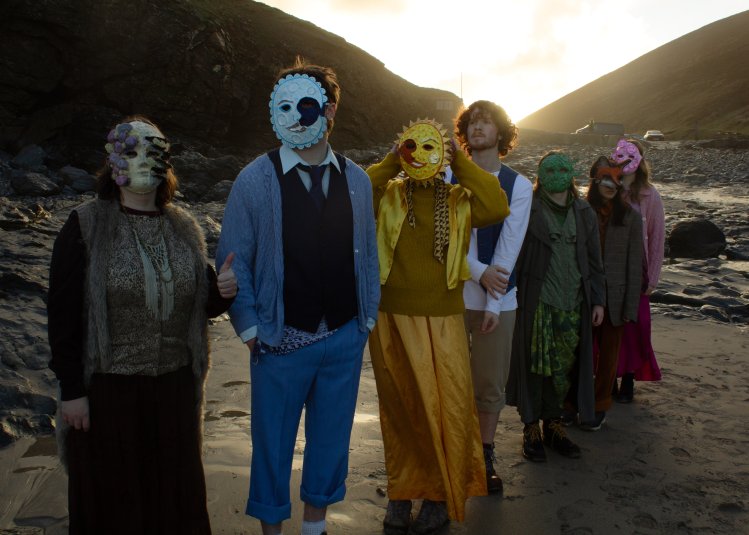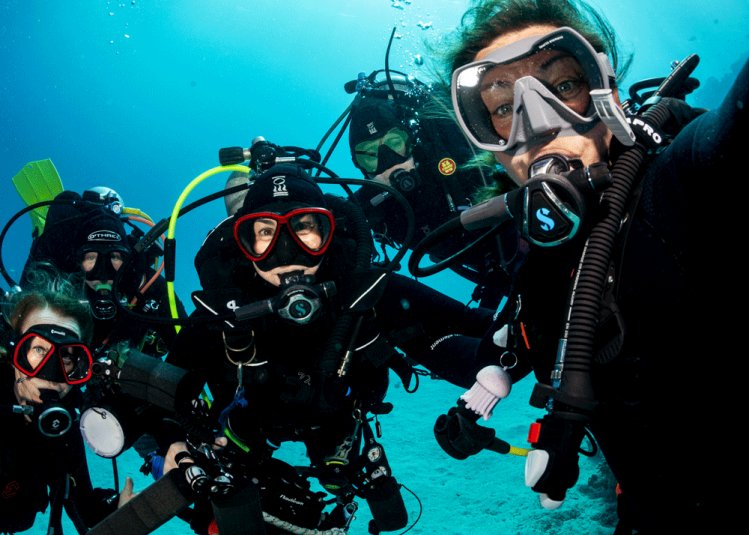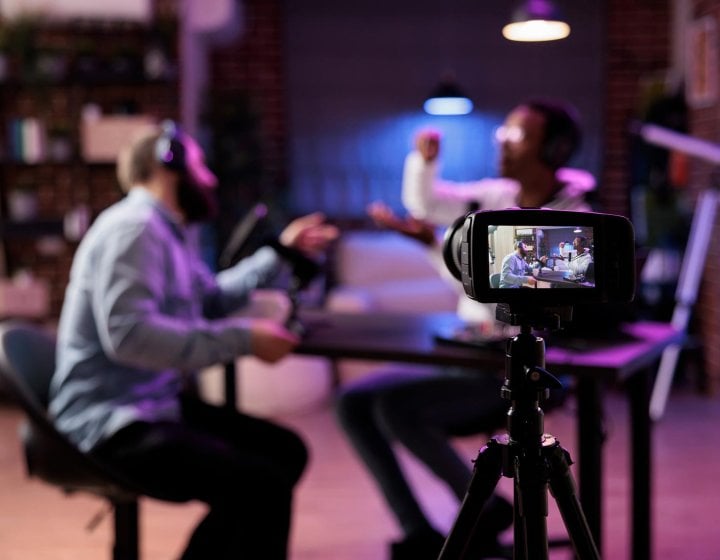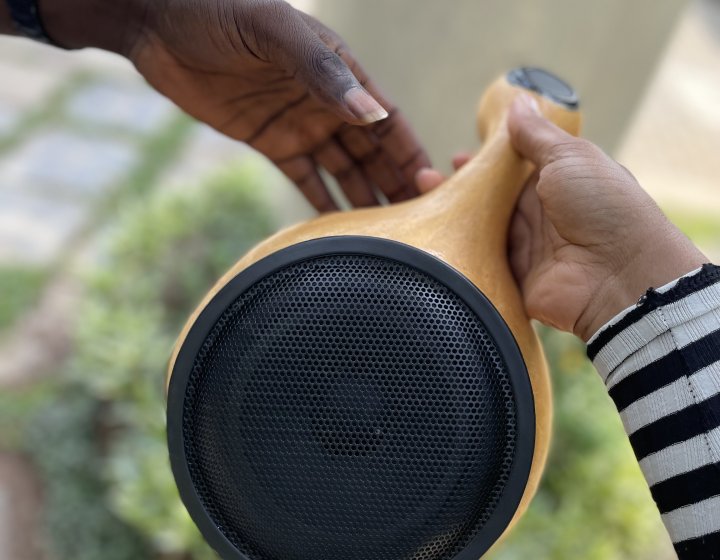An interview with Sabine Lettmann: module leader on MA Sustainable Fashion (Online)
25 November 2022
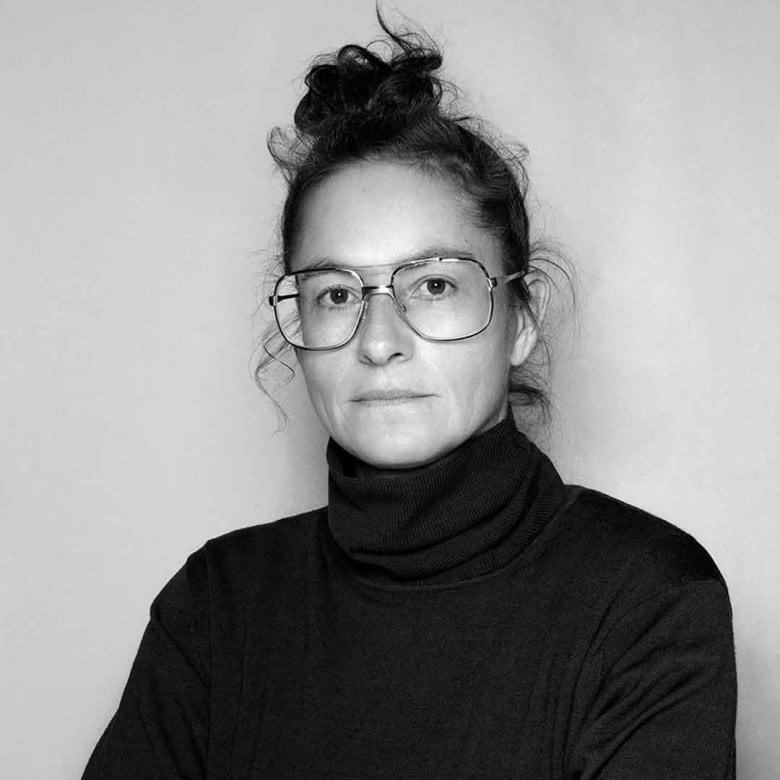
Sabine Lettmann is a fashion designer, consultant and researcher who will lead two modules on Falmouth’s new online master’s in Sustainable Fashion. We spoke to her about the circular economy, the challenges facing the industry and her deep sense of hope for the future of fashion.
As a freelance fashion designer and fashion academic, what first got you focused on sustainability within fashion?
Sustainability is something I have considered for a long time. I started my own business in 2001, and from the very beginning I always tried to ensure I worked with good, natural materials – I have an aversion towards polyester and other man-made materials! So that was always my basis, which then developed over time into my creative work with an additional focus on social justice.
I started to work with people in social institutions who couldn’t participate in regular working environments due to limitations with their movements, for example. Working with them really made me realise that if we develop our products in a certain way, production can be far more inclusive. That had an impact on how I designed products; which I did not see as a compromise. I saw it as my duty as a designer to consider multiple perspectives.
Years later, I had a devastating realisation: although I was working on something that felt better and more sustainable, I still felt like I was contributing to the industry in its current linear form. So, I paused my own brand, and reviewed how I could define design for myself, and started to engage with the circular economy. That provided me with a profoundly different way to approach design; to remain working in fashion while incorporating these more inclusive, ethical and environmental values.
One of your research interests is circular systems thinking. Can you tell us a bit about this, and why it is important in sustainable fashion?
Something I need to mention upfront is that there is no such thing as ‘sustainable fashion’ at present, because we still don’t have a proper definition of the term ‘sustainability’.
We need to rethink our approach to design, and to rethink what the purpose of design actually is. We need to step away from developing something that contributes to a capitalistic economic system which depends on growth - to something circular, which doesn’t.
In design, circular principles allow us to design for constant material flows, if done in the correct way. It requires a very different approach to design – you don’t start with an initial idea and then develop it in a linear order, which we are largely taught to do in fashion schools. Instead, the designer becomes the facilitator of a system – which is the crucial difference – because as designers we need to develop circular ways of working where materials are transformed into something new.
You are an expert on sustainable design systems. What does this mean?
Design is something we associate with being creative, particularly in a fashion context; surrounded by beautiful fabrics and colours, the term ‘system’ can sound quite harsh, and not necessarily something we expect when we learn to design.
But essentially, the underpinning system of the fashion industry at present is linear. We take resources, we turn the resources into materials, and then we discard a lot of materials (along with the accompanying values - such as fair labour - at the end of use. If we want to tackle this system, we need to apply a very different way of thinking and redesign it. That really doesn’t mean that you can’t be creative; you’re providing yourself with a framework as the guidance for all your future creative work.
I am completely filled with hope: I wouldn’t do this job if I wasn’t. I aim to inspire people; to initiate a different mindset, so students aim higher and become more proactive.
What aspect of teaching on the course are you most excited about?
I’ll be leading Re_Wire, a systems thinking module looking at the principles of systems thinking but also exploring the fashion industry’s connection to culture, politics and economics; everything that influences us on a day-to-day basis.
The second module I’m leading is called Re_Make, a design proposal module in which students are challenged to define a product proposal in close collaboration with a community. Both modules intertwine creative work with purpose; we really need to find an argument for why we make products and decrease product development, because there is far too much ‘stuff’ already.
I’m also super interested in teaching a group of diverse students coming from different backgrounds, which I hope is going to develop over time as it's an online course; with students from different undergraduate backgrounds, be that politics, design or journalism. That is the whole point of systems thinking; the need to consider lots of different perspectives. So, I’m really looking forward to those enriching conversations.
You have worked for some influential brands during your career so far. What is the most important thing you have learned from working across these global brands?
From a design perspective, it’s a matter of adaptation. Every brand sits in their own system, and as a designer you might join a brand with lots of ambitions to change things and to help them become more sustainable. Then you realise how stuck they are in their established ways, and to move towards a more circular, regenerative future is something that may be very difficult to achieve. However, working with smaller brands and entrepreneurs allows for much quicker and more radical changes to business practices. Depending on the brand structure you’re working with, you must be up for that challenge.
From a consultancy perspective, when I run workshops with brands, I often see that the smaller brands are the ones who discover innovative solutions and have real hope to drive change. In bigger brands, people are a little more disillusioned because they have ambitions to change things, but it can feel like too much to take on.
In the end it all comes down to legislation. If brands aren’t accountable for what they’re doing, they will continue their damaging practices. There are some exciting things coming into effect in the next few years – like the European Green Deal – which will force brands to become more sustainable. Also, greenwashing is something that will start to be properly addressed in some countries; with a move towards stricter legislation comes a need for brands to demonstrate their sustainability credentials, so we need to know we can trust what is being said. That will really help the industry to shift.
What do you think is the biggest challenge currently facing fashion practitioners?
Everything is challenging in the fashion industry right now. Finding the right suppliers for materials that enhance material flows is important to creating a circular system. Having collaborations across different disciplines – looking at materials from a biological perspective, for example – is crucial but challenging to facilitate, particularly for smaller brands.
But I am completely filled with hope: I wouldn’t do this job if I wasn’t. I aim to inspire people; to initiate a different mindset, so students aim higher and become more proactive. And I can see change; it is slow, but it is happening on multiple levels within the industry and beyond.
The fashion industry is in a situation where we hope for the silver bullet that drives complete change. But what we actually need is to create independence from a single solution, and instead to find multiple solutions that work globally. Contexts differ from region to region and community to community, so we need solutions that are tailored and work individually. I am very positive about what is to come.
